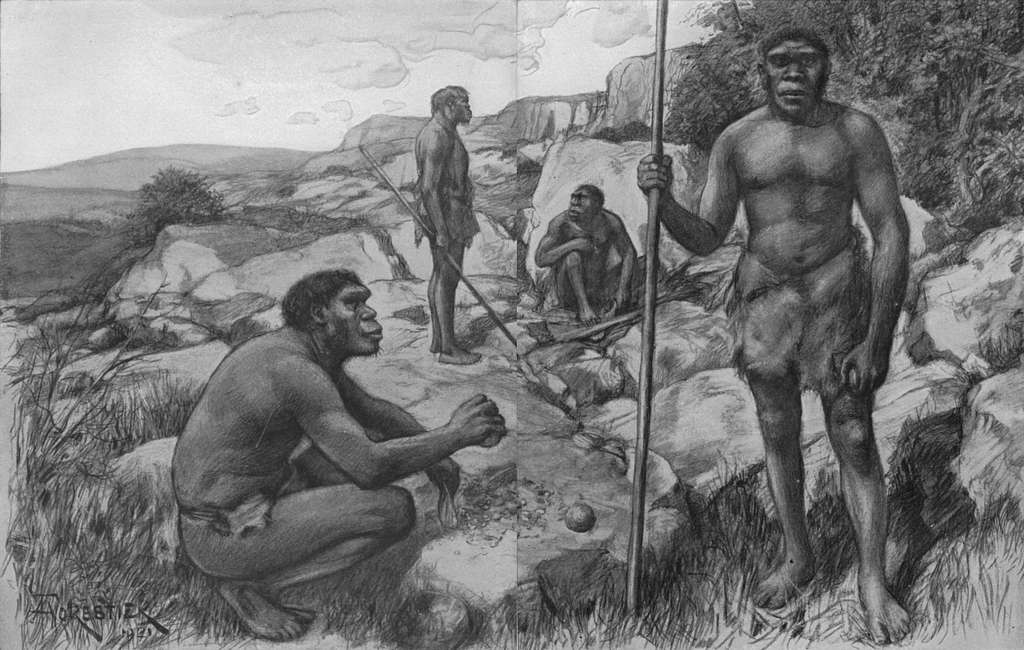Language is not a recent development in human history.
Not so long ago, researchers claimed that language is about 50,000 to 100,000 years old and possessed exclusively by Homo sapiens. But recent discoveries, led by Daniel Everett, suggest that Homo erectus, who existed around 1 to 1.8 million years ago, had some sort of language. They had large brains and well-developed speech apparatus that were able to produce sounds. They used sophisticated tools and hunting methods, had hierarchy in the community and traveled by sea long distances. None of this would have been possible without language.
This suggests that language has existed for over 60,000 generations.
And language seems not to be just another form of animal communication.
According to Everett, language consists of cultural “symbols”, which are conventional associations of form and meaning. A letter or words are examples of symbols. To be able to invent symbols you need to be able to mentally connect a physical object (e.g. a tree root) with something else (e.g. a snake). And Homo erectus was able to do that, and this was “just a short hop away from language”. Once they had invented the symbol, culture gave rise to language.
No other animal has ever been able to do that.
The first languages had very little grammar; initially there were just sequences of words like “Eat, pray, love”.
Complex language grammar evolved as our world became more complex, to allow humans to describe in detail what they thought and simplify it. Complex grammar is neither necessary nor sufficient for language.







